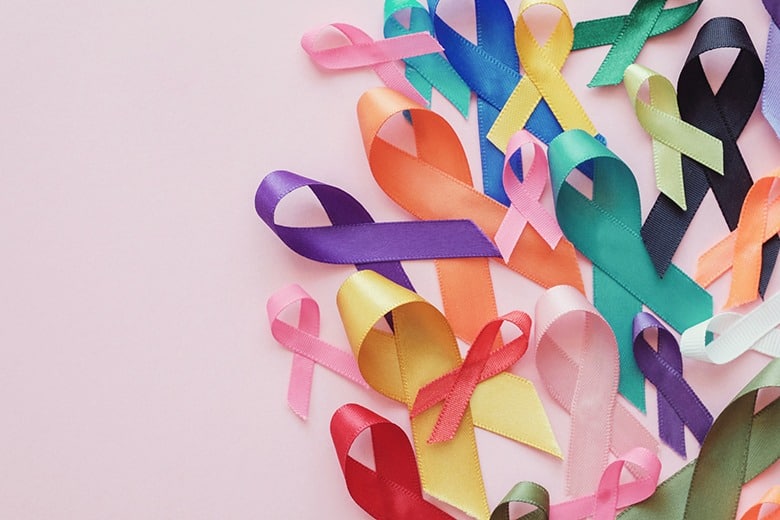Grimes Teich Anderson is reviewing claims focusing on potential cases for people regularly exposed to Roundup as part of their work, such as landscapers, lawn and garden workers, and golf course maintenance personnel who sprayed Roundup for ground maintenance.
stockfresh_8936388_close-up-of-crop-sprayer-against-twig_sizeS-300x200A jury in Superior Court of California in San Francisco deliberated for three days before ordering agricultural giant Monsanto to pay $289 million in damages to a former school groundskeeper who claimed his cancer was caused by the company’s weed killers, such as Roundup, The New York Times reported on August 10, 2018. According to the Times, the case of 46-year-old Dewayne Johnson was the first lawsuit to go to trial alleging that Roundup and other glyphosate-based weed killers cause cancer.
Bloomberg reported that Johnson “mixed and sprayed hundreds of gallons of Roundup,” and his exposure included incidents in which he was “soaked from head to toe” in the herbicide. Johnson worked for the Benicia Unified School District and was diagnosed with cancer in 2014. He was given six months to live by his oncologist in July 2017 after chemotherapy and other treatments.
Monsanto is facing more than 5,000 similar lawsuits in the United States, The Times reported. United States District Judge Vince Chhabria in San Francisco ruled that hundreds of lawsuits against Monsanto could proceed to trial after finding there was sufficient evidence for a jury to hear cases blaming the company’s glyphosate-containing weed-killer for diseases, Reuters reported in July 2018.
Glyphosate was initially approved for use in Monsanto’s weed killer in 1974. In 1985, the United States Environmental Protection Agency (EPA) classified glyphosate as possibly carcinogenic to humans.
The International Agency for Research on Cancer (IARC), the cancer agency for the World Health Organization’s (WHO), found in 2015 that glyphosate was likely carcinogenic.
The website ConsumerSafety.org reported that glyphosate has never been part of the chemicals the EPA tests for pesticide residue in human blood and tissues, and there is little EPA data regarding exposure levels from people who use the product. According to ConsumerSafety.org, IARC research found “glyphosate in farmers’ urine and blood, chromosome damage in cells, increased risks of non-Hodgkin’s lymphoma in some exposed individuals, and tumor formation in some animals.”
In a January deposition, Johnson’s treating physician testified that lesions covered more than 80 percent of his body. While Johnson improved since starting new drug treatment, he was still too weak on occasion to speak or get out of bed, Johnson’s attorneys and doctors stated in court filings.
In May 2018, San Francisco County Superior Court Judge Curtis Karnow issued an order that allowed jurors to consider scientific evidence related to the cause of Johnson’s cancer, as well as allegations that Monsanto suppressed evidence of the risks of its weed-killing products. Johnson’s evidence included internal company emails allegedly showing the company rejected critical research and expert warnings.
According to Bloomberg, Johnson initially sought $412 million in damages, but the jury awarded him $39 million in compensatory damages and $250 million in punitive damages. Monsanto has said that it will appeal the decision.
If you suffered severe injuries or a dangerous or defective product killed your loved one, you could be entitled to compensation for the damages caused. You will want to make sure that you have qualified legal representation.
Grimes Teich Anderson’s attorneys are licensed in state and federal courts in North Carolina and South Carolina, as well as the Cherokee Tribal Court. Call us or contact us online to have our lawyers review your case and discuss all of your legal options during a free injury consultation.

